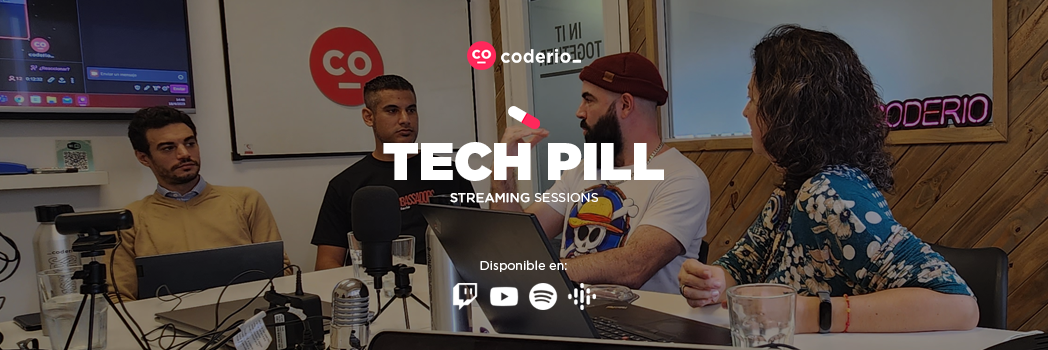Neuroscience applied to companies By María Delgado,
Chief People Officer at Coderio.
For years, organizations have been redoubling efforts to create workspaces and projects that allow employees to develop their full potential, apply their knowledge and, thus, generate the best possible experience, both professionally and personally.
The growth of an organization is no longer based only on investing in technological improvements and achieving economic gains: developing the skills and intellectual capacities of workers is essential. In addition, understanding how people perceive information, process it in their brain, and develop their skills plays a central role.
Neurosciences have made considerable contributions to the management and the business field. They also have a paramount interest in comprehending how human beings think and act to favor individual development, improving satisfaction, and productivity at work.
When working is a pleasure
Multiple studies have shown that people pay more attention to negative information than positive or neutral ones. Statistically, when asked about their most important emotional events, for every four negative memories, only a positive one comes up.
An article by the Business Harvard Review States: “As people remember criticism, they respond to praise. The former makes them defensive and, therefore, unlikely to change. The second produces confidence and the desire to perform better.” People who develop their strengths can reach their full potential.
In this sense, activating the circuit of pleasure in the work environment is one role of leadership. Not taking it into account conspires against productivity because it overwhelms the body, favors fatigue, and annuls the sense of belonging. This is the so-called burnout syndrome, which is characterized by depersonalization in tasks, low performance, and emotional and physical exhaustion.
The brain is an economic system that minimizes threats and increases rewards. We will repeat what was awarded while we will try to avoid what led to a threat. Putting aside fear and stimulating environments of trust is one foundation for improving productivity and motivation in the workplace.
Therefore, the constant recognition of achievements is slowly becoming a common practice. Each reward activates the brain’s pleasure circuit, increases employee well-being, and improves productivity. The release of dopamine associated with the feeling of reward makes work more enjoyable.
A simple example, which is a global trend in companies, is adopting tools that, through ratings and assessments, provide resources to improve the employees’ experience and reinforce the company’s internal culture. At Coderio we have implemented Nailted with great success and fast acceptance among our collaborators.
Through an anonymous system of surveys and claps, the performance of each collaborator is weakly measured. Participants are also encouraged to provide feedback and recognize their peers’ best practices and work actions.
Another discovery of neuroscience that directly concerns teamwork is neurodiversity. Cognitive diversity appears to be crucial for team effectiveness. Homogeneous work groups are less creative and fail to innovate in the face of new situations. By contrast, teams that accept differences have diverse modes of interaction, providing them with new ways to deal with issues that may arise; they are also more likely to innovate and improve work processes.
Forecast for 2022: good working environment
Promotions or monetary rewards are not the only tools to make staff feel recognized and acknowledged. Valuing team performance and recognizing when each person contributes to the organization’s success are actions that turn on the same areas of the brain that are activated when faced with unexpected economic recognition. The new generations value experiences over the material, so the “intangible” benefits and the emotional salary make more sense.
Actions such as wellness programs, flextime, days off, access to workshops, training and meetups, remote work, and extended licenses -among others offered at Coderio– add to this theory.
Favoring individual development by stimulating cognitive functions, improving work processes by considering brain activity, and generating a suitable working environment are some of the concerns that rest on neuroscience.
Those managers who know how to capitalize on it and understand that their actions influence the way their team acts will enjoy superior leadership skills, making their companies stand out from others and achieving better results.
By María Delgado, Chief People Officer at Coderio.



